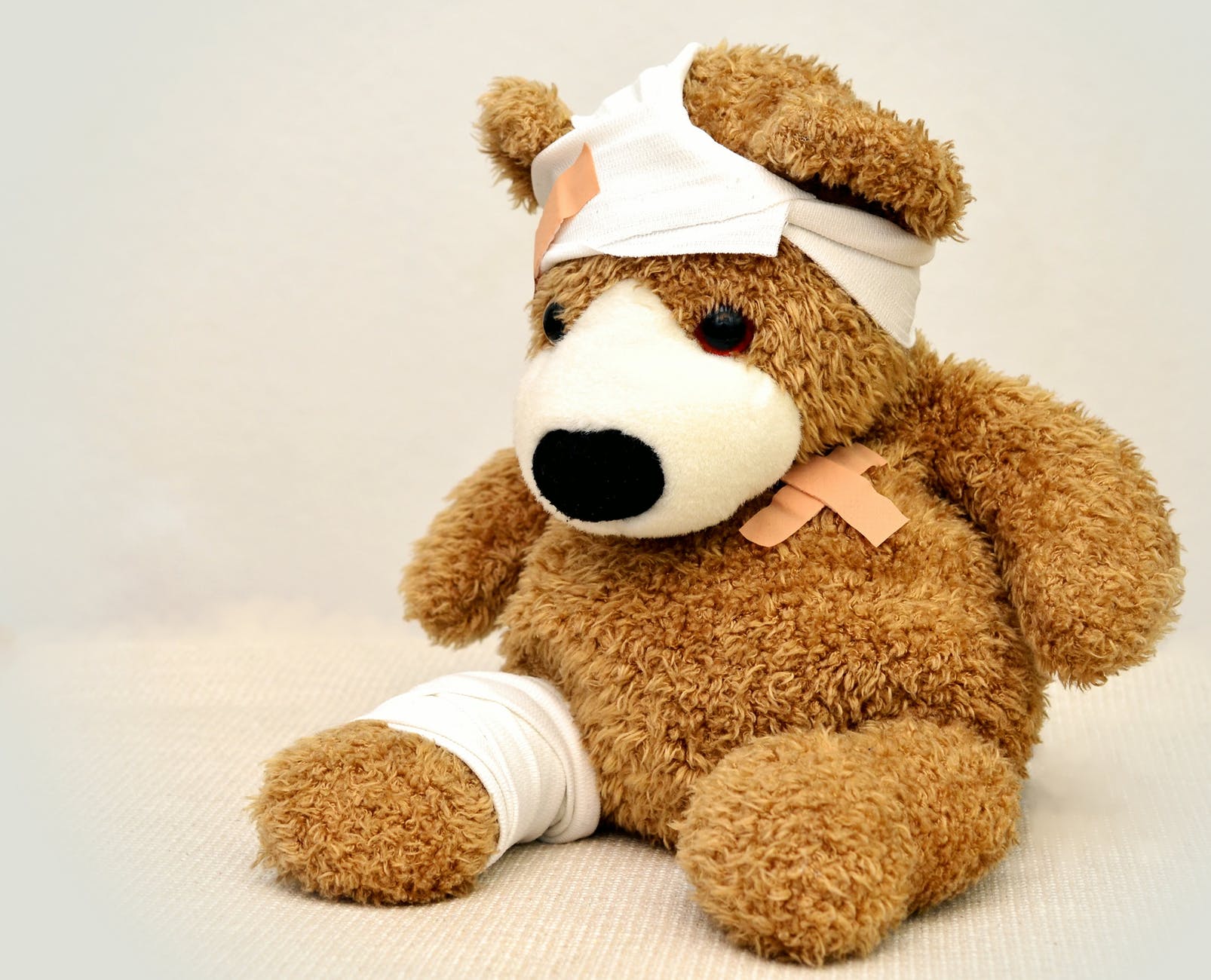Personal injury protection, or PIP, is an extension of car insurance designed to cover the cost of certain damages regardless of who’s at fault. While PIP insurance primarily covers the cost of medical bills, it may also cover loss of wages in some circumstances. With PIP insurance, you are covered when a car accident results in injuries to you, other drivers who are listed on your policy, or other vehicle passengers. It is often referred to as “no-fault” coverage as it pays out claims no matter who is found to be at fault. Put together by a Douglasville personal injury lawyer, here’s what you should know about personal injury protection insurance and why it may be beneficial to have.
What Does Personal Injury Protection Cover?
If you’ve ever been involved in a car accident that your insurance did not fully cover, you know just how expensive it can be. Accidents happen and you may find that you’re at fault, making you responsible for any damages caused. Personal injury protection insurance can help lessen the financial burden placed on you and your family by covering some or all of the damages caused by the accident. Before adding PIP to your car insurance policy, look at how your health insurance handles expenses after a car accident by consulting a car accident lawyer. With their help, you can then determine how much PIP coverage should be added to make up the difference.
In the event of a vehicle accident, personal injury protection insurance may provide coverage for the following:
- Medical Expenses: PIP typically covers most or all of the medical costs following a car accident. This may include any surgical treatment needed, dental or optometric treatment, medical supplies, ambulance costs, nursing services, prosthetic devices, and medications.
- Lost Wages: In some cases, (but not all), personal injury protection may cover lost wages. Your insurance carrier may help you recover any lost wages following a car accident if it resulted in injuries that make you unable to work.
- Funeral Expenses: In some cases, a car accident that results in a death may be covered by PIP insurance. Having this type of insurance may help your family pay for your funeral expenses in the event of a car accident-related death.
You may be wondering how PIP differs from typical medical payments. With medical payment coverage, the medical costs of you and your passengers are covered in the event of a car accident, regardless of who is found to be at fault. However, medical payments do not cover other expenses that are often covered by PIP, such as lost wages, funeral costs, and rehabilitation services.
How Does PIP Work with Other Types of Insurance?
If you have other types of insurance to protect you, you may be wondering how PIP fits in. If you are injured during a car accident and the other driver is found to be at fault, you will usually need to exhaust your PIP coverage before turning to other insurance options. Next, your medical costs would help pay the remaining costs. However, if your health insurance policy does not cover the whole amount, you then have the option to file a claim under the other driver’s insurance policy. In the event that you become permanently or significantly injured due to a car accident, you can then choose to bypass your PIP insurance coverage and file a lawsuit against the driver who is at fault.
Who Should Have Personal Injury Protection?
While personal injury protection insurance is not right for everyone, many people can benefit from adding the extra coverage to their insurance policy. In some states, PIP is an option but can be refused by agreeing to certain limitations regarding lawsuits after a car accident. In this case, refusal to get PIP must be made in writing. You may want to consider getting PIP if you want to be sure that you’re well protected in the event of a car accident. For optimal coverage, consider buying higher limits.
States that require PIP also require drivers to get liability car insurance which can help pay for any injuries or property damage that occurs during an accident and is suffered by others. As not all policies are created equal, it is important to carefully read through your personal injury protection insurance policy to ensure that you are getting the coverage you want and need.
When deciding whether or not you should get PIP, think about what would happen if you were ever involved in a car accident. If you or your passengers were seriously injured, how would you pay for your medical bills? While you may have health insurance that covers your own medical expenses, the passengers in your vehicle may be lacking sufficient health coverage. If you are relying on the other driver to pay for your medical bills, know that litigation can delay payments for several months in which time you will be responsible for paying all medical expenses.
What Is No-Fault Fraud or PIP Fraud?
Like with all types of insurance, personal injury protection insurance is associated with various types of fraud. PIP fraud, or no-fault fraud, is the setting up of a system to illegally recover payment for PIP claims from an insurance company for a policyholder. There are various situations that can occur that could constitute as PIP fraud, such as staging a vehicle accident with fake injury claims in order to receive payment through a PIP policy. As this type of fraud is illegal, it is considered a crime to commit PIP fraud and can result in hefty legal consequences.
Have More Questions About Personal Injury Protection?
No one ever expects to be involved in a car accident, but they happen far too often and you can’t count on other driver’s insurance companies to cover your medical bills. If you’re ever involved in a car accident whether it be a single car, multi-car or with a semi, having personal injury protection can provide you with the peace of mind that your medical bills and possibly other damages are covered. In each case, it’s important to hire an experienced professional to help your case. For example, if you’ve been involved in an accident with a semi truck, call an 18 wheeler accident lawyer for professional and expert advice. In any case, you will feel good knowing that your passengers are also protected against damages regardless of who is found to be at fault. If you have more questions regarding the legalities surrounding personal injury protection insurance, contact a qualified personal injury lawyer today.



